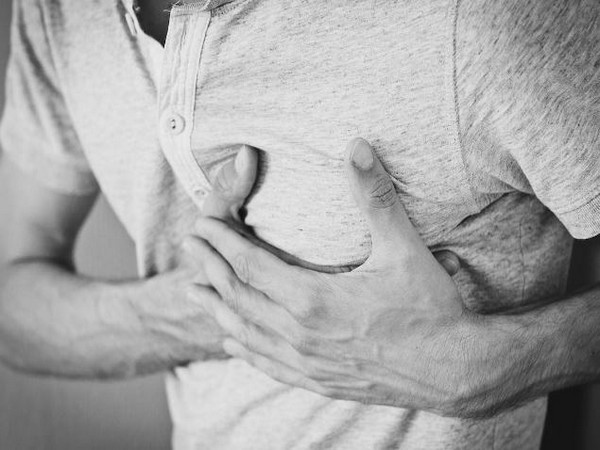Study reveals warning signs of sudden cardiac arrests for preventive measures
According to a study by the European Society of Cardiology, sudden cardiac arrest does not occur completely unnoticed. This discovery could be a game-changer for preventive measures of this health emergency in patients at most risk.

- Country:
- United States
According to the findings of the ESCAPE-NET experiment, primary care visits increase dramatically in the weeks preceding a sudden cardiac arrest. 1 The European Heart Rhythm Association (EHRA) of the European Society of Cardiology (ESC) and the European Resuscitation Council are supporting the research (ERC). "Contrary to popular belief, sudden cardiac arrest does not occur completely unnoticed, as ESCAPE-NET data show that patients attend primary care more frequently in the run-up to an arrest than usual," said Dr. Hanno Tan, ESCAPE-NET project leader and cardiologist at Amsterdam University Medical Centre AMC in the Netherlands. "This discovery could pave the way for attempts to identify persons at high risk of sudden cardiac arrest and prevent it."
Sudden cardiac arrest causes one in five deaths in industrialised countries.2 Most sudden cardiac arrests occur in the community in people not known to be at risk. A cardiac arrhythmia, called ventricular fibrillation, causes the heart to stop pumping and blood flow ceases. If blood flow is not restored quickly, the individual passes out and dies within 10 to 20 minutes. ESCAPE-NET was set up to improve both prevention and treatment. During the five-year EU Horizon 2020-funded scientific project, which concludes on 1 January 2023, scientists have investigated the causes of ventricular fibrillation so that it can be prevented and have examined resuscitation strategies in an effort to improve survival rates.
Developing effective prevention and treatment approaches required information on genetic and environmental risk factors from large study cohorts of sudden cardiac arrest patients - which were previously unavailable. The 16 ESCAPE-NET scientific partners joined forces to create a shared harmonised database of more than 100,000 sudden cardiac arrest victims. Dr. Tan said: "This resource can be used by scientists across the world, including researchers outside of the ESCAPE-NET consortium, to conduct studies on sudden cardiac arrest. This should accelerate knowledge gathering on this condition and ultimately reduce the societal burden of sudden cardiac arrest." A biobank with DNA samples from 10,000 well-phenotyped sudden cardiac arrest victims has also been created. "This biobank will serve to increase our understanding of the genetic causes of sudden cardiac arrest," said Dr. Tan.
More than 100 ESCAPE-NET research papers have been published in peer reviewed journals. Among them are European Heart Journal, Circulation, Journal of the American College of Cardiology, Journal of the American Heart Association, Nature Genetics, The Lancet Public Health, Resuscitation, and EP Europace. Scientific discoveries include the finding that citizen-rescuers provide less rapid resuscitation care to women than to men, and that women consequently have lower survival chances than men.3 Dr. Tan said: "This eye-opener must lead to public awareness campaigns aimed at narrowing the gender gap in sudden cardiac arrest management."
Novel data have been collected on the sudden cardiac arrest risk associated with the use of various commonly used, noncardiac drugs in different European countries.4 Dr. Tan said: "This information may lead to the safer use of these drugs." He concluded: "Sudden cardiac arrest is a pressing public health problem that has so far been extremely hard to solve, largely because of the lack of difficult to obtain detailed clinical data and biological samples. ESCAPE-NET has made important steps by establishing a database, biobank and knowledge base that may be used in future studies to solve this problem." (ANI)
(This story has not been edited by Devdiscourse staff and is auto-generated from a syndicated feed.)
ALSO READ
European Shares Hit Record High Amid Defence and Insurance Stock Surge
Remembering Age Hareide: A Legacy in European Football
European Prosecutor Drops Case Against Webuild CEO
Putin's Press Conference: Key Remarks on Ukraine, Economy, and European Relations
Sweeping Defense Bill Signed Amidst European Security Debate










